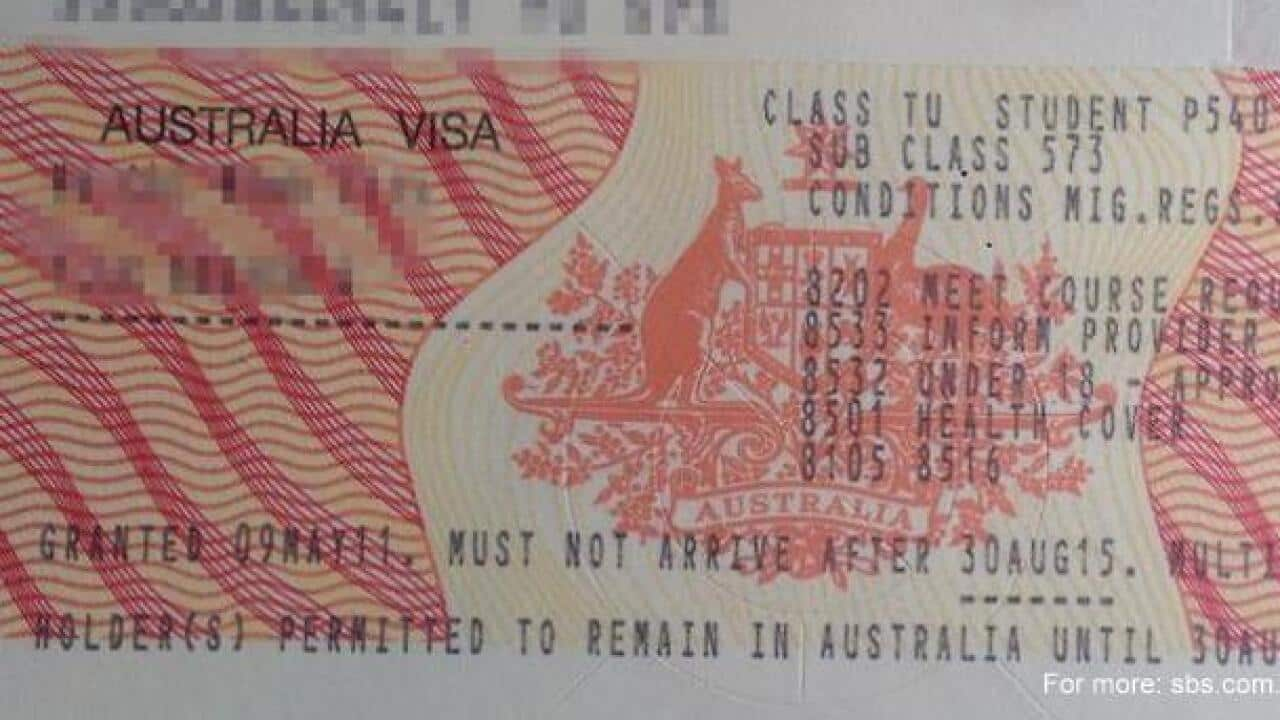A court has upheld the decision of the Immigration Department to refuse student visa application of an international student on the grounds that his agent had provided false information in his previous visa application.
Adnan Ashiq, a Pakistani national, originally applied for an Australian student visa in February 2012.
To a question whether he had ever served in the military or undergone military or weapons training- the ‘no’ box was ticked in response.
Mr Ashiq applied for another student visa in March 2015 and answered the same question with a yes and said that he had undergone military service or training in Pakistan as an aviation cadet at the Pakistan Air Force Academy between 2008 and 2010.
He told the Department that he was terminated from the Air Force Academy on disciplinary grounds.
In July 2015, the Immigration Department sought more information about the circumstances of Mr Ashiq’s dismissal but received no response, and his visa application was refused in March 2016 on that basis that he did not satisfy the Public Interest Criterion 4020. Mr Ashiq unsuccessfully appealed the decision in the Administrative Appeals Tribunal and said his visa form was filled by an education agent in Pakistan and he had merely signed the document.
Mr Ashiq unsuccessfully appealed the decision in the Administrative Appeals Tribunal and said his visa form was filled by an education agent in Pakistan and he had merely signed the document.

Source: Tetra images RF
The AAT heard that Mr Ashiq had been terminated as a result of a series of minor infractions of discipline, such as being late or non-attendance at classes, and that there was no suggestion of any charges against him or that he had been found guilty of any offence.
In turning down his appeal, the AAT said it was not satisfied that the inclusion of untrue information was a result of “inadvertence, negligence or simple accident”, but was because of the consultant in Pakistan.
Mr Ashiq’s subsequent appeal against the decision was dismissed by the Federal Circuit Court in March this year.
During the hearing in April last year, the court heard that Mr Ashiq, upon learning his visa had been refused, contacted his agent in Pakistan who maintained that his application was correct because he had not had any military career.
“It suggests that the consultant was aware of the military service of the applicant but chose to interpret the question incorrectly and, in my opinion, unreasonably in a way that meant disclosure of the service would not occur,” said Judge Young in the reasons for judgement updated on July 31st.
“If so, this was not inadvertent or accidental but purposeful non-disclosure when disclosure was required, that is, purposefully untrue.”
The court dismissed Mr Ashiq’s appeal and ordered him to pay $7206 in the respondent’s cost.
Public Interest Criteria 4020
Under Public Interest Criteria 4020, a visa application can be reused in case of provision of bogus documents or false or misleading information in relation to a current application or a visa held during the last 12 months.
According to the Department of Home Affairs, if a visa application is refused due to false or misleading information or document, the applicant may face a ban of 3 years. In case of identity fraud, this ban may extend to ten years.
Migration agent Ranbir Singh says Mr Ashiq’s case is one of many such cases that underscore the importance of reviewing the documents and information prepared by agents before submitting to the Department.
“It’s a well-established legal precedent that whether or not the applicant is aware of the false information or fraud in the application, the axe has to fall on them. So, the need of reviewing every document, every piece of information can’t be overstated,” Mr Singh says.
In 2017, the Government brought in stricter legislative measures that could impose a ban of 10 years on those providing false or misleading information in their visa applications, even unwittingly. However, the after the Australian Greens successfully brought a disallowance motion in the Senate against the regulations.




